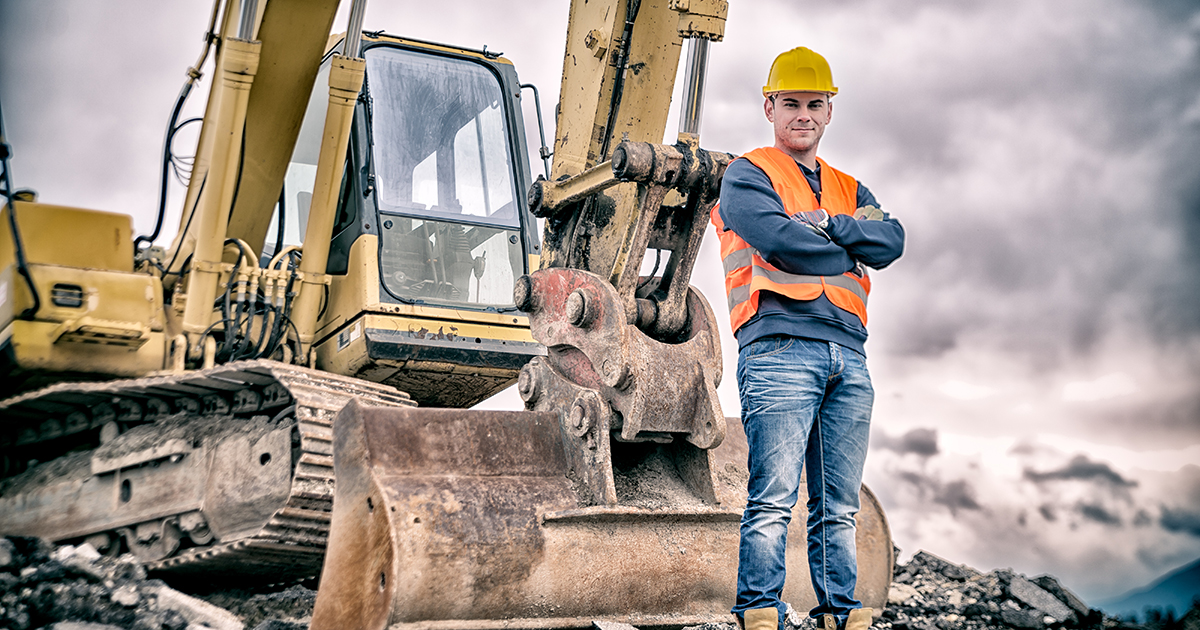The work environment for heavy equipment operators is a unique blend of challenges and rewards. These skilled professionals navigate complex machinery to complete tasks that are vital to construction, mining, and other industries. The environment they operate in can be as diverse as the equipment they handle, ranging from bustling construction sites to remote mining locations. Each setting presents its own set of circumstances that can significantly influence an operator's performance and safety.
In addition to the physical demands of the job, heavy equipment operators must also contend with varying weather conditions, noise levels, and the need for constant communication with team members. Understanding the work environment is essential for ensuring not only the effectiveness of operators but also their safety and well-being. This article delves into the various aspects of the work environment for heavy equipment operators, aiming to shed light on what these professionals encounter daily.
Furthermore, as the construction and mining industries continue to evolve, so too does the work environment for heavy equipment operators. Advancements in technology and safety protocols are shaping how these operators perform their duties, making it crucial to stay informed about these changes. Join us as we explore the different facets of this dynamic work environment.
What Does a Heavy Equipment Operator Do?
Heavy equipment operators play a crucial role in various industries. They handle machinery such as bulldozers, cranes, excavators, and more to perform a variety of tasks, including:
- Excavating land for construction projects.
- Moving materials from one location to another.
- Grading and leveling surfaces for roads and buildings.
- Operating cranes for lifting heavy loads.
What Is the Typical Work Environment for Heavy Equipment Operators?
The work environment for heavy equipment operators can vary significantly based on the type of industry they are involved in. Here are some common settings:
- Construction Sites: Operators often work in active construction areas where they must be aware of their surroundings and communicate effectively with other team members.
- Mining Operations: These locations can be remote and harsh, requiring operators to adapt to difficult terrains and potential environmental hazards.
- Road Maintenance: Operators may work on highways or local roads, often in collaboration with other maintenance crews.
- Landfills: Heavy equipment operators in landfills manage waste materials, ensuring proper compaction and coverage.
What Are the Challenges Faced by Heavy Equipment Operators?
Operating heavy machinery comes with its set of challenges, including:
- Safety Risks: The potential for accidents is significant, making it essential for operators to follow safety protocols diligently.
- Weather Conditions: Rain, snow, and extreme temperatures can affect visibility and equipment performance.
- Physical Demands: The job requires significant physical strength and stamina, as operators may sit for long periods while manipulating controls.
How Does the Work Environment Affect Performance?
The work environment for heavy equipment operators significantly impacts their performance and productivity. Factors such as:
- Noise Levels: High noise levels from machinery can lead to hearing loss over time.
- Visibility: Poor visibility due to weather or site conditions can pose risks and affect work efficiency.
- Team Communication: Clear communication is vital in preventing accidents and ensuring smooth operations.
What Are the Safety Protocols in the Work Environment for Heavy Equipment Operators?
Safety is paramount in the work environment for heavy equipment operators. Organizations implement various protocols to mitigate risks, including:
- Regular Training: Operators receive training on equipment handling and safety measures.
- Personal Protective Equipment (PPE): Hard hats, gloves, and reflective vests are standard to ensure operator safety.
- Site Inspections: Regular checks of machinery and work sites help identify potential hazards.
What Are the Future Trends in the Work Environment for Heavy Equipment Operators?
As technology advances, the work environment for heavy equipment operators is evolving. Some trends to watch include:
- Automation: The rise of autonomous machinery could change the nature of the job.
- Remote Operations: Operators may control equipment from afar, reducing the need for on-site presence.
- Green Technologies: The push for sustainability is leading to the development of eco-friendly machinery.
How Can Heavy Equipment Operators Adapt to Changes in Their Work Environment?
Adapting to changes in the work environment is crucial for heavy equipment operators. Some strategies include:
- Continuous Learning: Staying updated on new technologies and best practices enhances skills and safety.
- Networking: Connecting with other professionals in the industry can provide insights and support.
- Health and Fitness: Maintaining physical fitness is essential for handling the demands of the job.
Conclusion: The Work Environment for Heavy Equipment Operators
The work environment for heavy equipment operators is multifaceted, combining technical skill, safety awareness, and adaptability. Understanding the challenges and dynamics of this work environment is crucial for success and safety in the field. As technology continues to advance, those in this profession must be ready to adapt and embrace new methods and practices to thrive in their roles.
You Might Also Like
Exploring The Fascinating World Of Alligator FranceUnraveling The Significance: What Does The Word Bar Stand For?
Understanding The Conversion: How Many Pints Is 32 Oz?
Understanding The Consequences: What Do You Call A Man Who Abandons His Family?
Mastering The Art Of Grooming: What Time Of Day Is Best?
Article Recommendations


